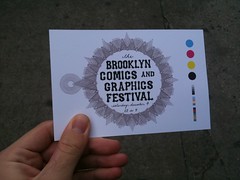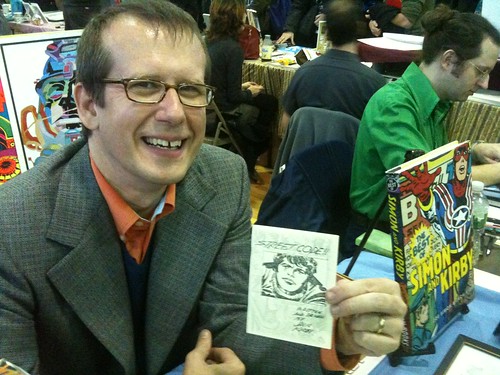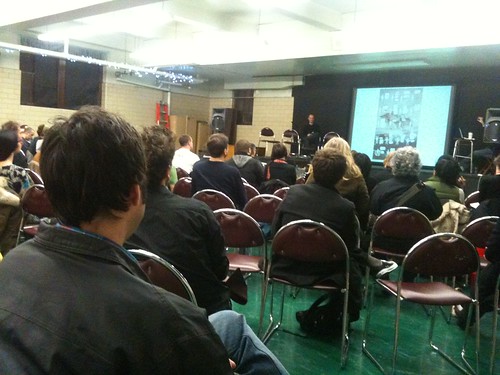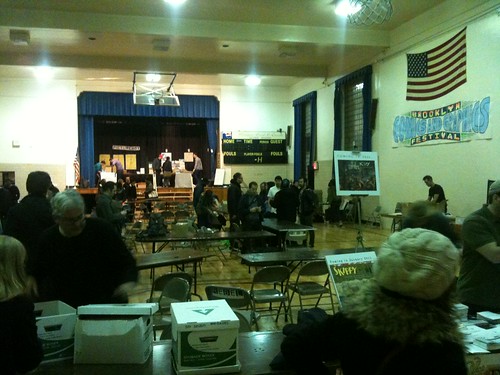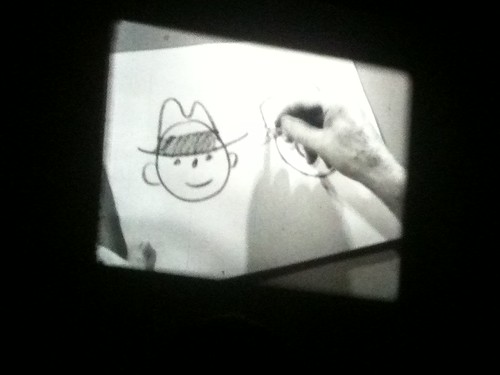Some may chuckle at the notion of Maus as one of a handful of truly indispensable works of post-World War II American literature. American literature since 1945 encompasses Nobel laureates Saul Bellow and Toni Morrison, along with Philip Roth, who if anybody ever listened to me, would already have his Nobel by now. The period also includes the likes of John Updike, John Cheever, Joyce Carol Oates, and Thomas Pynchon, to say nothing of more recent authors such as Tim O’Brien, David Foster Wallace, and Louise Erdrich. Do I seriously mean to compare modern classics like Beloved or Gravity’s Rainbow to a comic book?
In fact I do, and to explain why I need to go back to that community college classroom fifteen years ago. The students in that class were by no means stupid. They weren’t in the least intellectually lazy, either. I find myself annoyed by teachers like the mysterious Professor X, author of In the Basement of the Ivory Tower, who depict their students as lazy, ill-mannered lunks who have no business being in college. This view has no relationship to the reality I encountered in my years teaching in community colleges. After all, those students were giving up their weekends to take an introductory English course. They weren’t saints – I busted a plagiarist in that class, as I recall – but they understood, probably better than the kids in my classes at Fordham University today, that the American dream is built upon education, and they struck me as hungry to get started.
Still, no one in that class was ready for Saul Bellow or, God forbid, Thomas Pynchon. One of the first lessons of teaching literature in the real world is that you have to meet your students where they are, not where you want them to be. In academic jargon, this is called finding your students’ “zone of proximal development,” the sweet spot between what they already know and what they couldn’t possibly comprehend even if you were there to help them. The wonder of Maus is that it fits into everyone’s zone of proximal development. I taught it to those working-class immigrants in California fifteen years ago; I taught it at a third-rate night school in Virginia; and just last month, I taught it in an advanced writing class at Fordham, a prestigious, four-year private university. Every time, in every context, students told me they’d stayed up half the night finishing the book, and then when we discussed it in class, it took the tops of their heads off all over again. Maus is that rare work of literature that speaks to everyone while pandering to no one.
-Michael Bourne, on the importance and power of Art Spiegelman's Maus.

